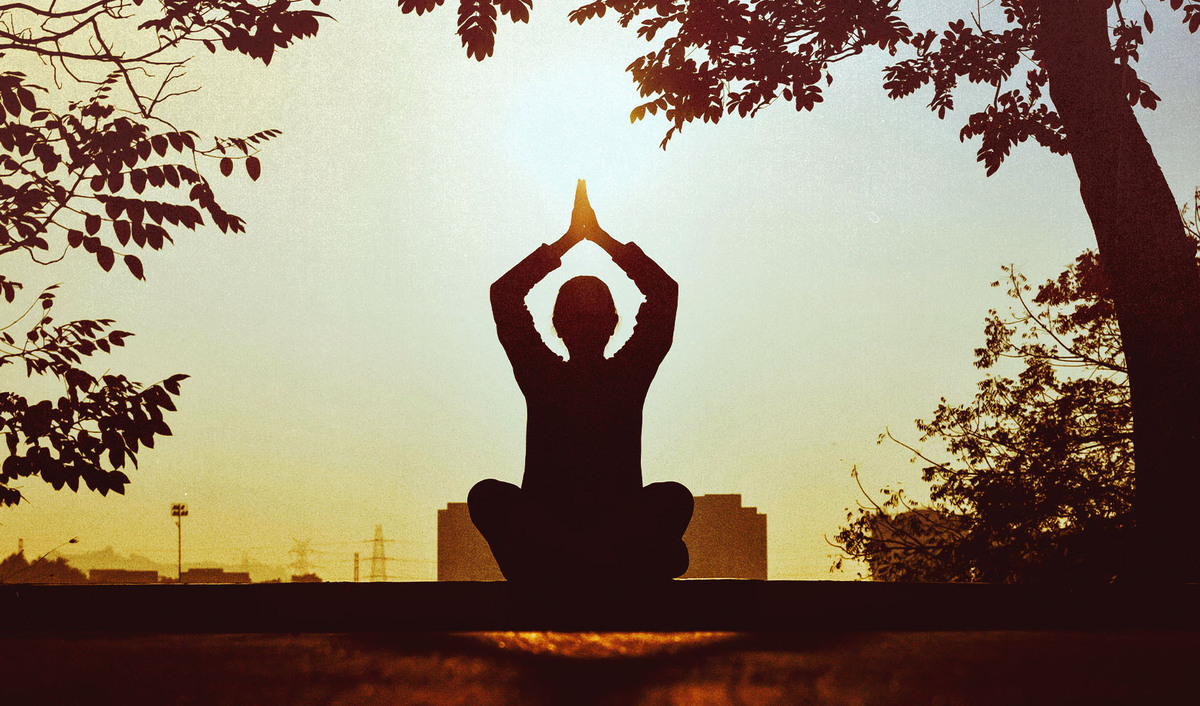
Coping Mechanisms That Do More Harm Than Good
Signs, examples & healthier alternatives.
Stress affects everyone, but not all responses to stress are helpful. Some habits provide comfort but quietly damage well-being over time. These coping mechanisms that do more harm than good may seem like solutions but worsen emotional or physical health. The good news? With effort and the right tools, change is possible. Stay active as you read this — reflect, take notes, and consider how these ideas apply to your life. Don’t just absorb; act. If you want more context, consider checking out the latest news on mental health trends for deeper insights.
What Are Coping Mechanisms?
Coping mechanisms are actions people take to manage stress, anxiety, or difficult emotions. Healthy mechanisms bring relief while maintaining balance in life. In contrast, unhealthy responses can intensify problems. For instance, stress at work might lead to overeating or drinking alcohol excessively. The intent is to feel better, but the result often adds new challenges.
Think about your habits. Are they helping or hurting? Recognizing this distinction matters because it paves the way for meaningful improvement.
Signs Your Coping Mechanisms May Be Harmful

Unhelpful coping behaviors often start small. They can grow into patterns that affect your mental health, relationships, or body.
Look for these warning signs:
- Persistent fatigue or difficulty sleeping
- Feelings of guilt after specific behaviors
- Conflict with loved ones due to avoidance or irritability
- Health issues tied to stress, such as headaches or digestive problems
If any of these feel familiar, you might be using mechanisms that hurt rather than heal. It’s worth exploring issues that people don’t want to see a doctor for, as they often link to unhealthy coping strategies.
Common Coping Mechanisms That Do More Harm Than Good

Certain habits might seem harmless, but they can slowly chip away at your well-being:
- Overeating or skipping meals: Food often provides comfort, but unhealthy eating habits can lead to health complications.
- Substance use: Alcohol or drugs might offer a temporary escape but deepen stress and dependency.
- Avoidance behaviors: Ignoring problems or procrastinating on tasks compounds stress over time.
- Overworking: Using work to escape personal challenges can strain relationships and mental health.
- Retail therapy: Shopping for emotional relief often leads to financial strain or regret.
- Social media overuse: While it might distract from stress, it can increase feelings of inadequacy and loneliness.
These mechanisms may provide short-term relief, but they usually amplify the underlying issue. Identifying these patterns is the first step toward improvement.
The Science Behind Why These Mechanisms Fail
Harmful coping behaviors often feel good initially due to changes in brain chemistry. Activities like binge eating or substance use release dopamine, a chemical that rewards the brain with pleasure. However, this effect fades quickly, leaving people craving the same activity for relief. Over time, the brain associates relief with unhealthy habits, creating a harmful cycle.
Research shows these cycles increase stress and lead to long-term damage. When coping mechanisms feel easy, it’s essential to ask: are they truly solving the problem, or are they masking it? Breaking free requires awareness and persistence, but the benefits make the effort worthwhile.
Healthier Alternatives to Harmful Coping Mechanisms
Not all habits harm. Small, deliberate changes can bring relief and long-term improvement. You can replace coping mechanisms that do more harm than good with thoughtful strategies. The key lies in choosing actions that address stress directly. These options help you feel better without creating new challenges.
Build Awareness with Mindful Practices

Mindfulness redirects focus to the present. This technique allows you to understand emotions rather than escape them. Breathing exercises or short meditation sessions calm the mind. Writing in a journal clarifies thoughts and offers perspective.
For example, when frustration arises, try pausing and writing down the cause. This practice creates clarity. It helps you replace impulsive reactions with intentional actions. Reflect often to understand patterns and seek healthier choices. Mindful efforts reduce stress and improve overall well-being.
Find Strength in Physical Activity

Physical movement releases endorphins and improves mental clarity. Walking, stretching, or light exercise helps the body handle stress better. Regular activity boosts energy levels and lifts your mood. Even a few minutes of movement shifts your mindset.
Make exercise a habit rather than a chore. Identify an activity that excites you. Avoid falling into passive behaviors like sitting all day. Stay active to counter the effects of stress on your body and mind.
Build a Support Network

Humans thrive on connection. Sharing challenges with trusted individuals reduces feelings of isolation. Friends, family, or even therapists provide valuable perspectives and guidance. Start conversations about emotions and challenges rather than withdrawing.
Some topics may feel difficult to address. It is common for people to avoid emotional or physical problems, so don’t ignore the signs that suggest a need for support. Reaching out helps break cycles of harmful behaviors.
Replace Escapism with Real Solutions
Stress often tempts people to seek distractions. Substituting those impulses with solutions provides a better outcome. If financial stress leads to over-shopping, address spending habits. If overeating comforts you, choose activities that offer similar comfort without harming your health.
Acknowledge challenges without avoidance. Explore methods to solve problems directly. This shift breaks cycles created by coping mechanisms that do more harm than good.
Take Small Steps Toward Change
Replacing harmful habits requires effort and patience. Progress happens one step at a time. Set achievable goals that match your needs. For example, reduce social media time by 10 minutes daily or swap late-night snacks with tea.
A slower approach works better than drastic changes. Fast transformations often fail when life’s demands increase. Remember, fast lifestyles, fast burnout often stem from excessive pressure to change too quickly. Small, consistent actions build lasting habits.
The Role of Professional Support

Therapists, counselors, or coaches offer guidance in breaking unhealthy patterns. Cognitive-behavioral therapy teaches skills for managing stress and recognizing triggers. Support groups create shared experiences and encouragement.
Professionals help bridge the gap between harmful behaviors and healthier living. Seeking assistance shows strength and commitment to improvement.
Try To Get Rid Of Coping Mechanisms That Do More Harm Than Good
You control the changes in your life. Replacing coping mechanisms that do more harm than good with healthier choices strengthens your emotional and physical well-being. Actively practice awareness and build supportive habits to handle stress more effectively. Every small step forward makes a difference. Start today, and move toward the balance you deserve.











